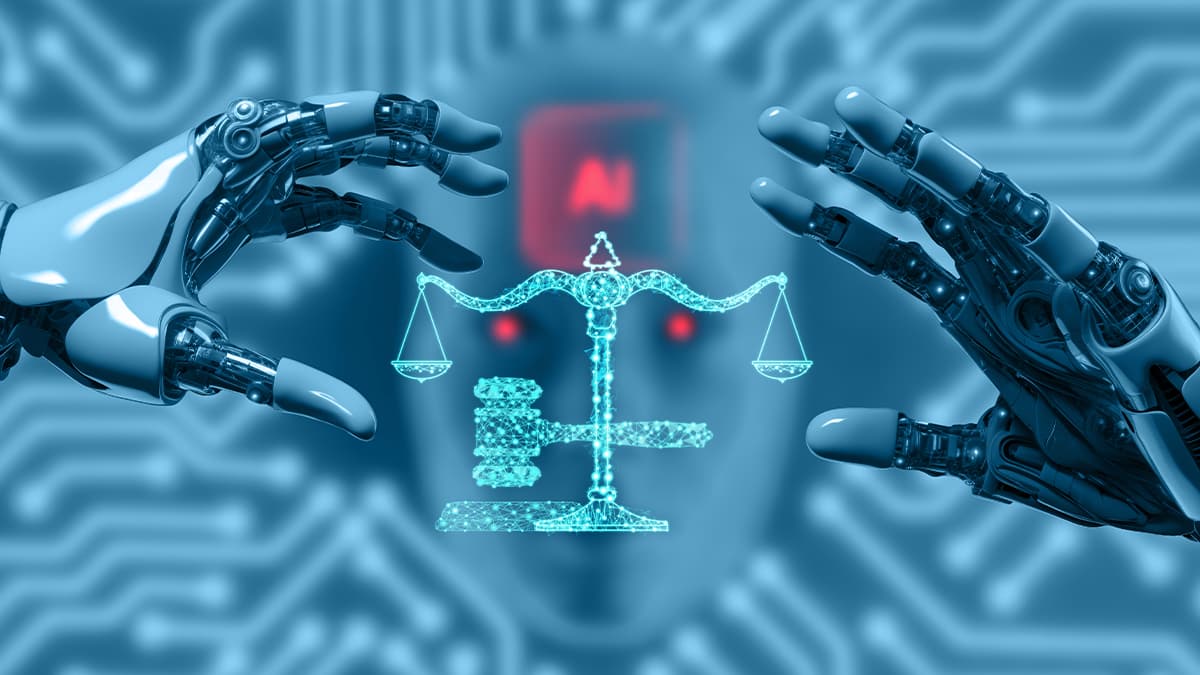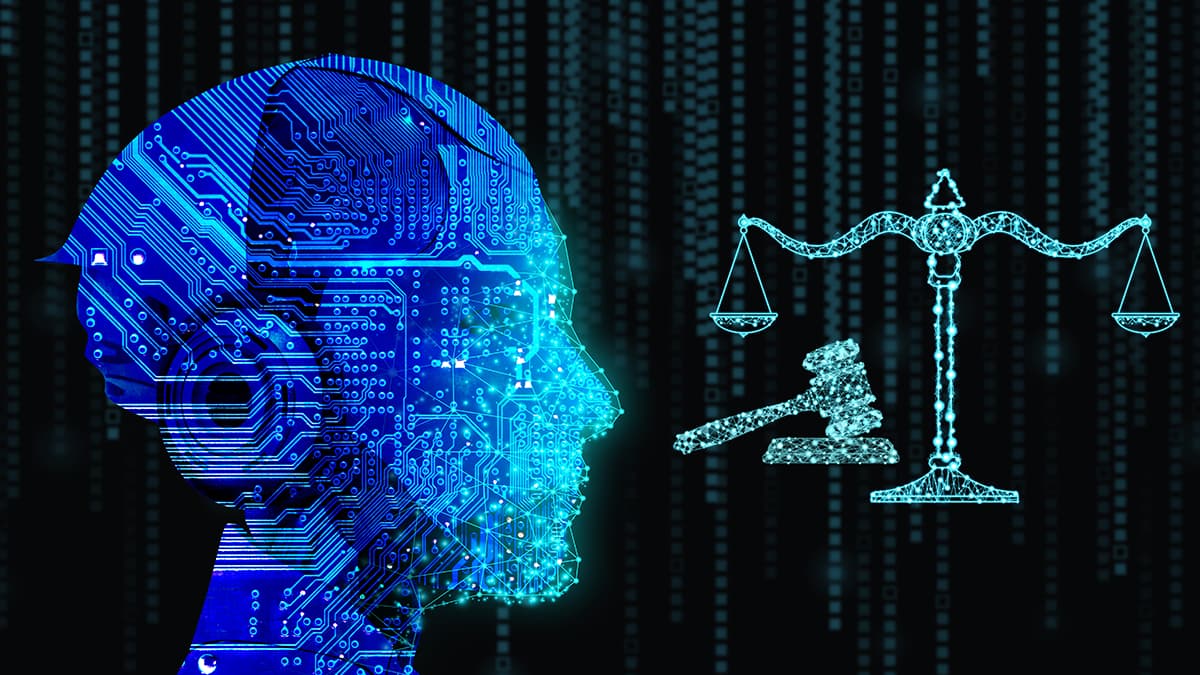
The spotlight is on elections, and the noise, too, is around elections. That's palpable as more than 50 countries worldwide are buckling up for polls this year. Notably, in the din of elections, the noise is growing on Artificial Intelligence (AI) regulation, too. But what has AI regulation got to do with elections? A recent happening in Brazil, famed for samba and soccer, explains why the two are connected like never before.
Brazil's Superior Electoral Court has put AI on a leash, banning deceptive deep fakes that make reality blurrier than a poorly tuned TV screen. Every electoral campaign post has to be accompanied by a mandatory AI alert, like a warning label on a tobacco pack. However, AI regulation isn't just limited to elections. The European Union (EU), after years of dithering, is sounding confident about enforcing its sweeping AI Act.
EU's nod to what could be the gold standard in AI Regulation
The recent approval of the AI Act by the European Parliament is like the AI Regulation Olympics - a gold medal moment that other countries can look to for inspiration. This Act is essentially the rulebook for AI, telling developers what they can and can't do to keep us all safe. It's like a superhero swooping in to save the day by banning sketchy AI stuff like social scoring systems, predictive policing methods, and emotion recognition systems in schools and offices. If enforced right, there is no creepy AI lurking in the shadows.
And get this - the Act ensures that all those brainy developers behind the scenes have to spill the beans on where they got their data from. It's like beefing up oversight on the AI wizards and making sure they play by the rules. Plus, the Act is a big red flag on any AI-generated deepfake content. AI users can breathe a little easier knowing what's real and what's just smoke and mirrors. It's like having a truth serum for the digital age.
EU intends to regulate as little as possible but as much as needed. Like the GDPR, this AI law in the pipeline talks of hefty fines. Violations can result in companies being slapped with penalties ranging from 7.5 million to 35 million euros, depending on the type of infringement and the size of the firm.
How AI heavyweights US and China are going about it

In China, no company can whip up an AI service without securing the proper approvals. Having said that, China is also working on striking the delicate balance between the urge to innovate and the need to protect. Chinese President Xi Jinping has advocated the Global AI Governance Initiative, pushing for fair and safe AI usage. Chinese authorities have even rolled out some "interim measures" to keep Generative AI in check, covering everything from text to pictures to audio and video content created for the folks within China.
Meanwhile, the US is still figuring out its regulatory game plan. President Joe Biden took a bold step by signing a comprehensive executive order on AI last October. While Congress mulls over legislation, some American cities and states have already taken action by passing laws that limit AI use in areas like police work and hiring practices. President Biden even gave government agencies the green light to scrutinize future AI products for any potential national or economic security risks.
Delving into India's regulation scene
The Indian government is currently developing a regulatory framework for AI and plans to release it by June or July of this year, according to IT Minister Rajeev Chandrasekhar. This announcement comes when there are growing concerns worldwide about the increasing prevalence of deepfakes and the potential harm they can cause.
When it comes to AI regulation, India is at a crossroads. In a surprising turn of events, The Ministry of Electronics and Information Technology (MeitY) has done a complete U-turn. On March 15, they released a new advisory scrapping the previous rule that required government approval for AI models in the works. Now, developers of disruptive Generative AI models can unleash their creations without jumping through bureaucratic hoops. However, they are being nudged to self-regulate and take responsibility by slapping warning labels on their model outputs to alert users of potential hiccups.
The decision to eliminate the need for government approval before launching untested AI models is set to revolutionize the tech industry in India. Companies such as OpenAI, Google, and Microsoft will now have the freedom to seamlessly integrate their cutting-edge models and services directly into India's thriving app ecosystem.
.jpg)
Can sweeping AI laws withstand corporate lobbying?
As AI technology evolves, concerns about market dominance, consumer protection, and fair competition are taking centrestage on the global regulatory scene. The main issue is the growing power of tech giants, who are using AI to their advantage. With their access to vast troves of data, superior processing capabilities, and algorithmic insights, these companies can dominate markets and potentially squash competition with tactics like predatory pricing and exclusionary practices.
In other words, it's like a high-stakes game of monopoly or oligopoly undergirded by data and algorithms. AI regulators got to surmount this knotty challenge of ensuring protection without letting go of innovation. Regulation is not just talking the talk but walking the walk on an untested tightrope.


























































We will verify and publish your comment soon.